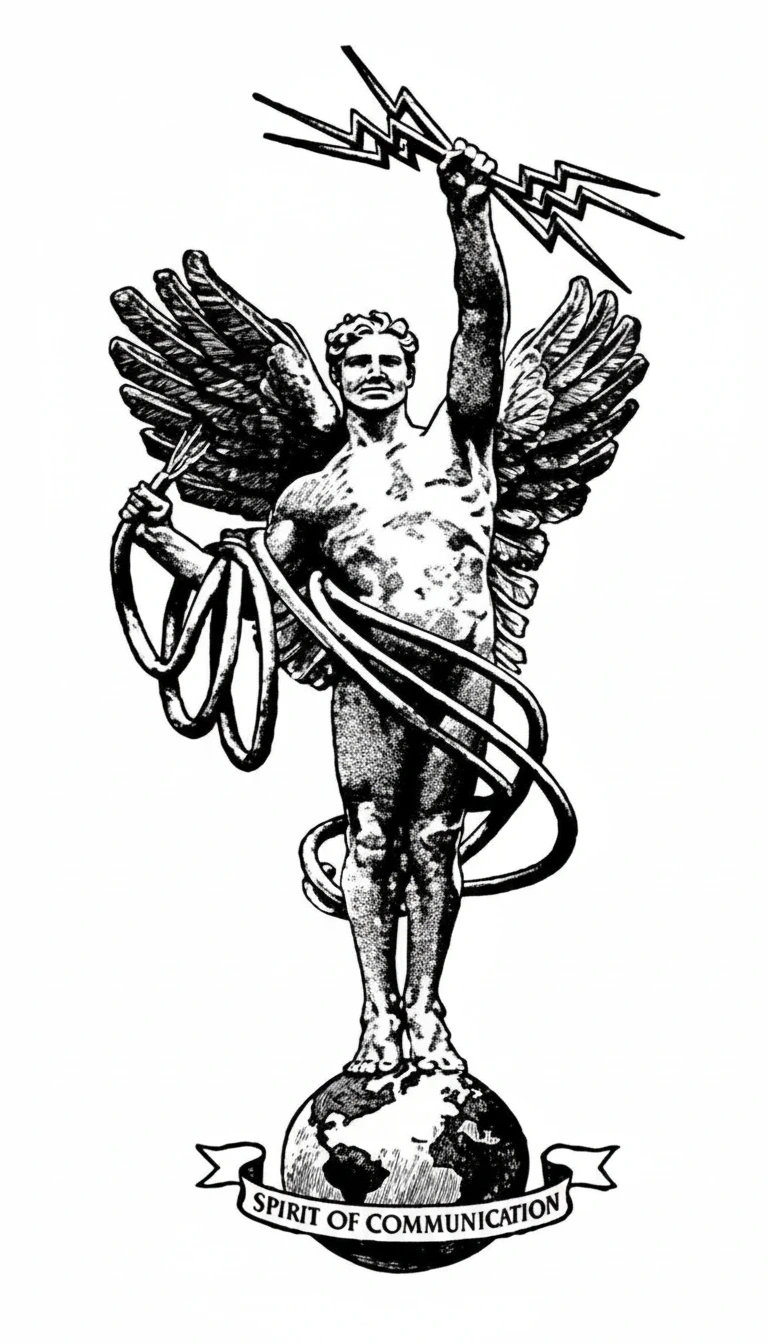The most accurate list of radio programs that have actually been found and still exist.
This reference work must begin with two admissions, either of which usually dooms a database's usefulness:
It is out of date.
It is inaccurate.
Having said this, I hasten to add that as of this writing, it is the best of its kind. The study of radio programming from the start of the "broadcast era" (generally considered the November 2, 1920 election eve coverage by KDKA in Pittsburgh) to the end of the so-called "Golden Age" (I declare that to be September 30, 1962 when CBS radio ended the last two dramatic shows still on the air) is similar to the science of archeology. The researcher is forced to draw conclusions about a great many things from very little evidence. Radio existed long before those sporadic election results came from Pittsburgh. (Guglielmo Marconi is said to have made the first successful radio transmission in 1895). WHA in Madison, Wisconsin was among the several stations broadcasting before KDKA. Radio existed long after "Suspense" and "Yours Truly, Johnny Dollar" went off the air. (Rumor has it there are still a few radio stations broadcasting even today.)
So why then, is this database both out of date and inaccurate? It is an analysis of programs that are or were in my possession. There are many programs that have been located, sonically improved, recorded, catalogued and available for study. Discovery continues, books are being written and then revised, in fact, a whole army of amateur archeologists (don't they have anything better to do?) supplies us with new information continuously. This, therefore is a work in progress. It was out of date the day it went onto the Internet back in 2002.
